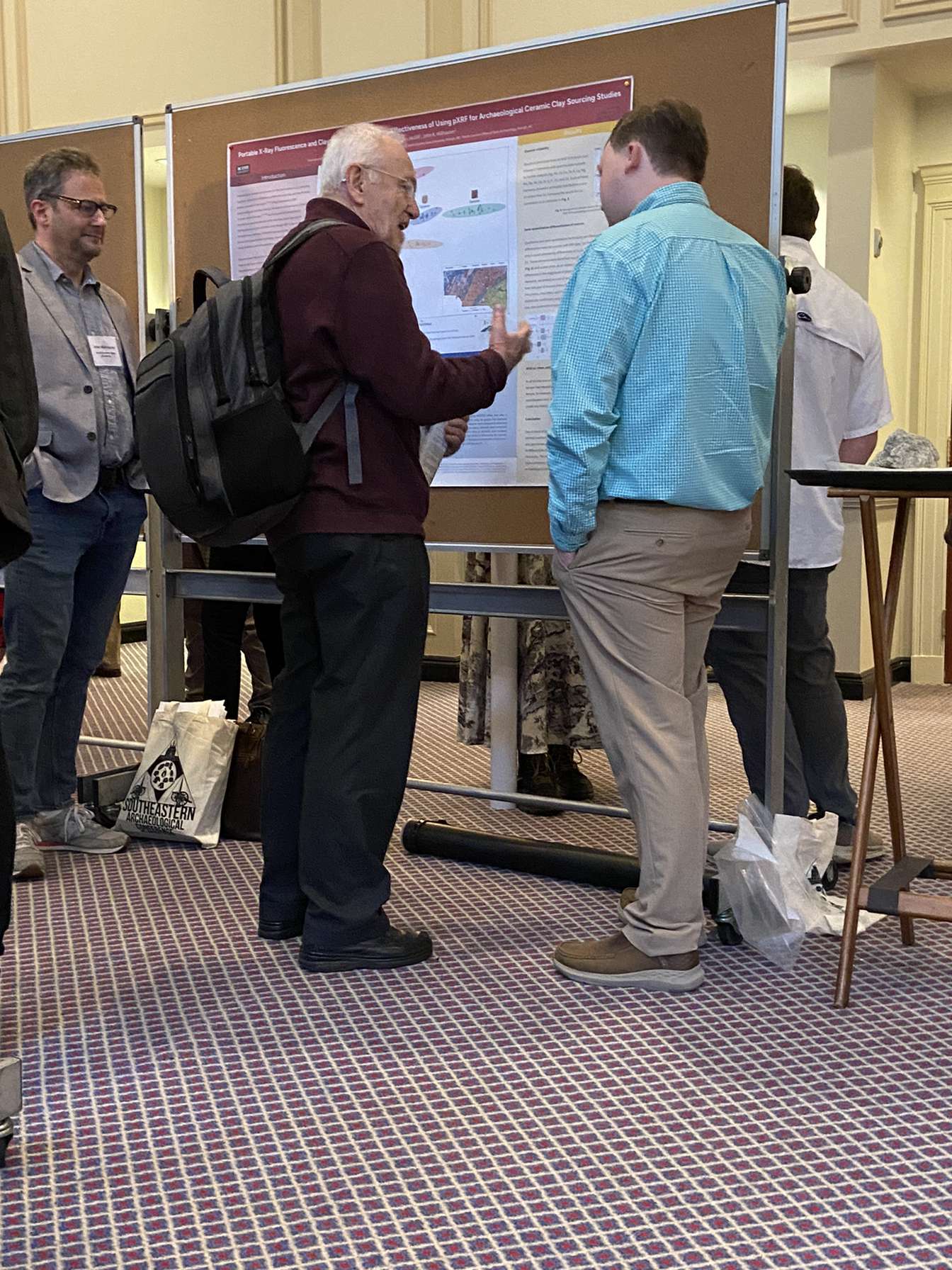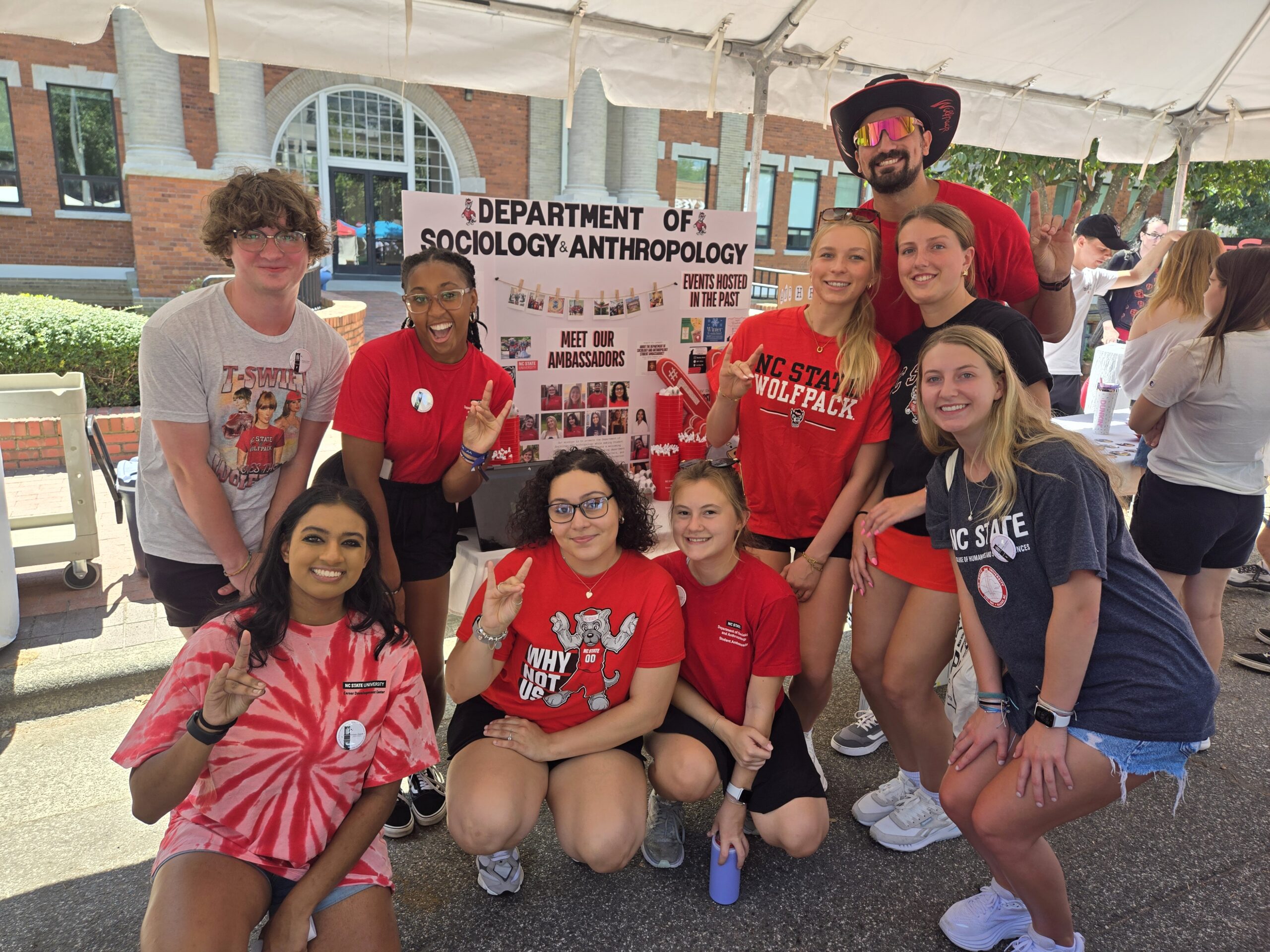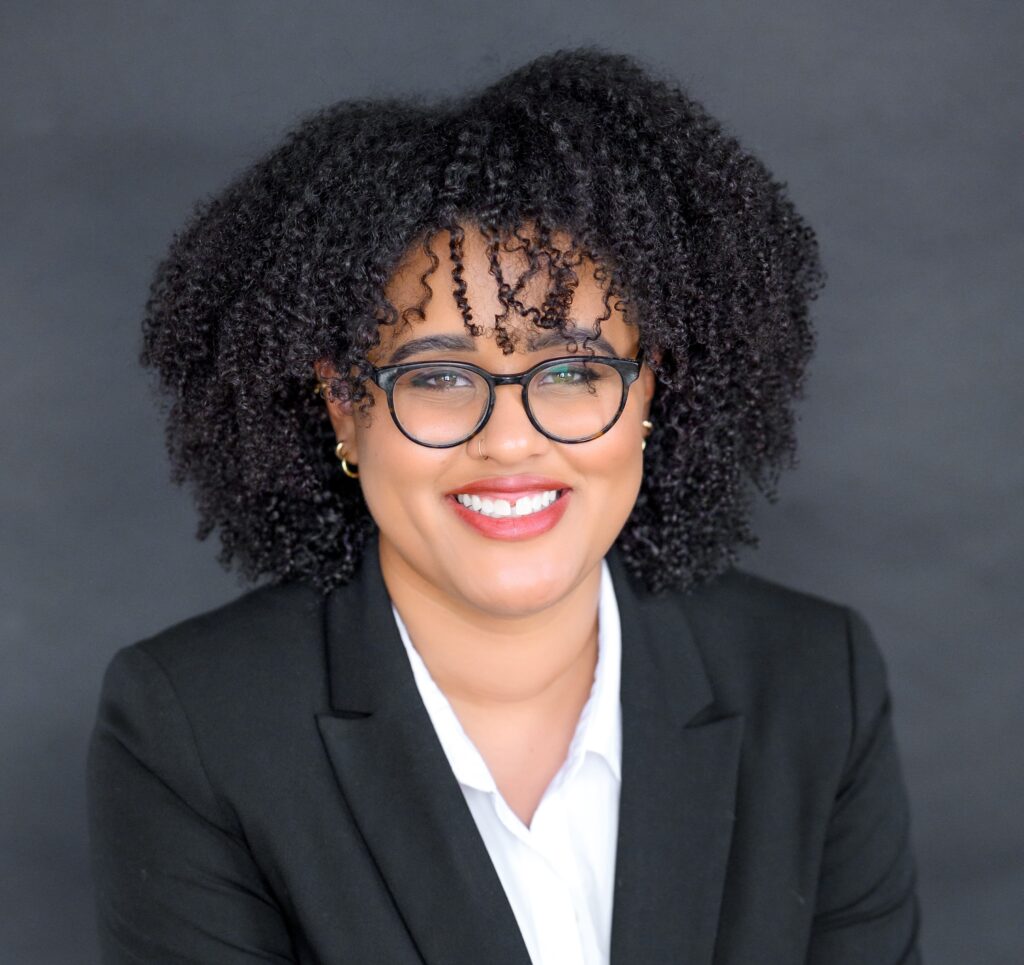Celebrating Dr. Troy Case
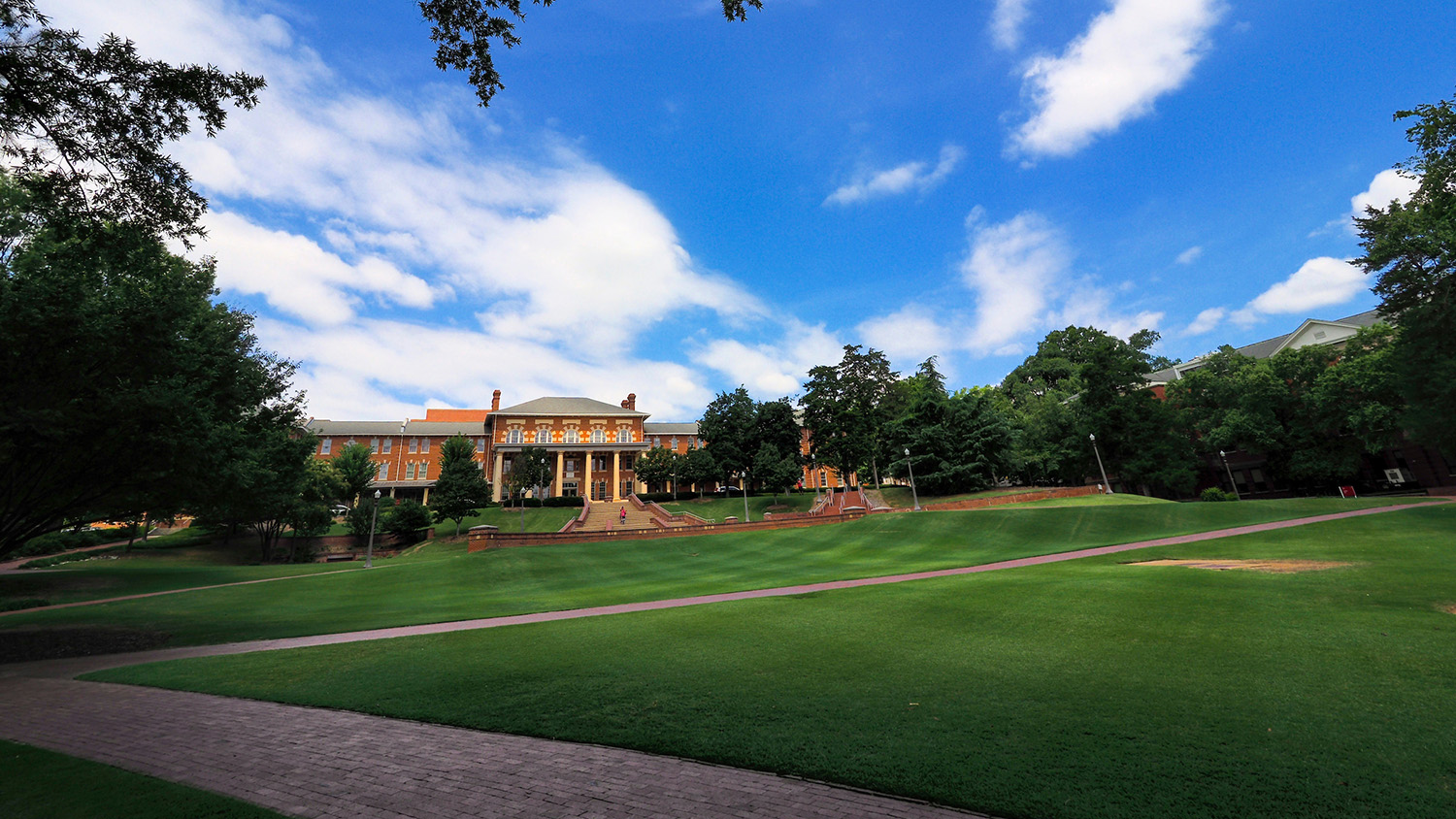
Dr. Troy Case began teaching here at NC state in 2003. When he was right out of graduate school, he applied to about 10-12 jobs that seemed to fit his background and three gave him an interview. He explained that in academia this is not uncommon — there aren’t a ton of jobs that a person is eligible for since everyone has a specific background. Once he interviewed and received the job from NC State he began prepping classes. If you would like to learn more about Dr. Case’s background, click here.
Dr. Case started at NC State as an assistant professor — with a little bit of experience in adjunct teaching. He had experience teaching 200-level classes and started from there. He was also asked to start prepping for new classes over the first few years as well as to develop a research plan. Before he was department head, he would teach about two classes per semester and had some administrative duties. He spent time as director of undergraduate programs as well as associate head of the department. Dr. Case didn’t have his eyes on the department head position but with this position, his duties began to shift.
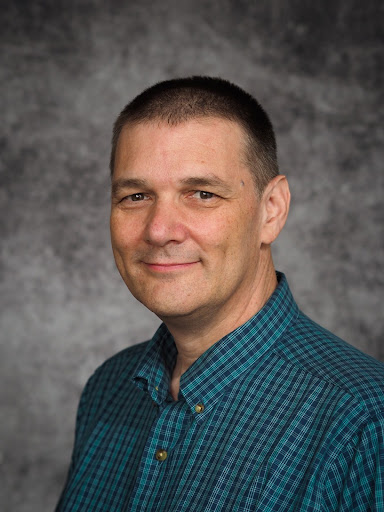
As department head, he didn’t teach as much. His attention was on managing all employees who work for the department, managing the curriculum, making sure we offer the right number of classes and the right number of seats to handle our program population, making sure that students in the majors and minors get what they need through their education, and managing big budgets. This management was tricky to get used to in the new position.
Dr. Case began as department head during the middle of COVID-19 — in July 2020. During this time people weren’t even supposed to be in the office. It wasn’t until the fall that he began to see one to two people a day in person. The best memories are often made when we interact with others, and unfortunately, those opportunities have been very limited until quite recently. But he is proud of the accomplishments he made as department head and hopes his contributions helped to make life for the faculty a little bit easier.
I had the pleasure of interviewing Dr. Case and was able to ask him about his favorite courses he has taught during his time here at NC State. His all-time favorite course was Human Osteology. He really enjoyed teaching people about bones and how to identify them. Another class he really enjoyed was called Disease and Society. This course really grabbed my attention because it was a mix of so many different components. In this course, you looked at disease in the past, and how changes in society affected our interactions with disease. It would begin with the broader picture of simple societies with low population density and move onward to examine more complex societies.
Along with specific classes he enjoyed teaching, we also talked about his favorite part of teaching. He loved being able to watch students grow and improve their skills. He really enjoyed watching the improvement as students went from his 200-level classes to his 300- and even 400-level classes. He was able to see them dig deeper, and see changes in their writing and their engagement with course material. He said it feels enlightening and you feel very proud as you watch your students’ knowledge grow. He also enjoys it when his students come back and visit, or update him on their future endeavors.
Dr. Case also really enjoyed the moments he got to spend mentoring graduate students. Faculty often work more closely with their graduate students and are able to guide them as they strive toward a career. He said that he really enjoyed working with graduate students and the successes they have over time are very meaningful — almost as if you are watching a member of your extended family succeed.
During our interview, I asked if there were any stand-out moments during his time at NC State. Dr. Case began to tell me about his time in Thailand. He said that he really enjoyed taking students into the field in Thailand and introducing them to a new place, a new culture, and being able to provide them with a unique experience they wouldn’t be able to get otherwise.
After learning about the many amazing moments Dr. Case has had here as a member of the faculty at NC State, I wondered how he was going to top this when he retired. He had accomplished so much during his career, it would be tough to follow that up and his answer did not leave me disappointed. He and his wife have had a long-term plan they would eventually move to Thailand when they retire.
Through this conversation, I was able to learn about the past research projects he ran in Thailand. They began in about 2009 and both projects have been going on for at least a decade. One project was in Chiang Mai and this project dealt with modern anatomical skeletons. Chiang Mai University has a medical school and as part of this, they wanted to develop a forensic osteology program for identifying victims of crime. Dr. Case went and worked with them to help build this program and received a Fulbright grant to assist them in getting started. He was there for six months on the grant. He helped teach the first cohort of students and did some research while he was there.
He also had another project going on in central Thailand, which was an archeology project. This one began in 2009 and he took students into the field with him every two years and did about six field seasons altogether. He got used to his time in Thailand being that he spent every summer or every other summer in Thailand. He and his wife fell in love with Thailand. It’s also cheaper to live there, so being that he is going to retire early, that is a definite advantage.
After retirement, his plans involve Thailand, a place he and his wife fell in love with but that’s the only major plan he has going on. He doesn’t want to go to Thailand just to continue his work, although he does expect he may collaborate on a few things. He can see being asked to help with certain projects and would be more than happy to assist in helping out with research, giving advice on papers and providing feedback. If he did want to continue his research, he knows he would have the opportunity and resources to do so. But as of right now, he is planning to focus on his health.
After a very successful career, Dr. Case definitely deserves to explore his interests that may have been pushed aside during his time as a faculty member. In regard to his goals for retirement include focusing on his health, and he would love to learn how to speak Thai. He learned to speak Japanese when he lived in Japan for four years, so he wants to rechallenge himself. He also plans to venture into creative writing and take advantage of the immense variety of wildlife in Thailand and spend time birding. Thailand has over 1,000 recorded bird species, and he has already seen a good number of them. But he is excited to go out more regularly to spot new species and watch the changes in birdlife during different seasons.
Although it is sad to see NC State say goodbye to another amazing faculty member, we wish you the best of luck Dr. Case. Take care of yourself and spend the time you deserve celebrating the wonderful career and life you have made for yourself. We will miss you dearly.

This article is by Geena Thomas, a Department of Sociology and Anthropology student ambassador majoring in criminology and minoring in forensic science.
- Categories:
